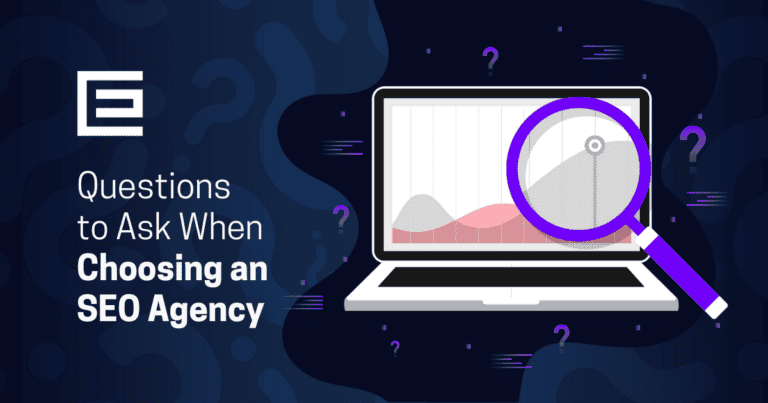Ease of Installation
The first step in using any ecommerce platform is, of course, installing it. With Magento, if you are starting from scratch with a manual installation, things can get confusing. This ecommerce platform is generally best for those with a few technological skills, and this definitely holds true for a manual installation. However, it’s possible to host with a company that can run a one-click Magento install. Similarly, OpenCart needs to be installed to a host, but can be easier for less advanced users to run, with a built-in installation wizard.Ease of Use
If you are looking for a system that is quick and easy, OpenCart may be your pick. This ecommerce platform is fairly lightweight so it’s easy to run, without lots of confusing options or a need for advanced knowledge. You’ll have it up and running in no time. Magento is a bit more technical and thus a bit more complicated, but can be worth the extra effort if you want to tap into more advanced features. If you have the skills required in design, coding, or development, or have the budget to hire someone who can handle that for you, Magento is worth it, even if it has a steeper learning curve.Search Engine Friendliness
This is one of the main areas where Magento and OpenCart diverge. Magento is well known as a high ranking platform for search engine friendliness, with countless options for search engine optimization including custom URLs and extensive analytics and integrations. OpenCart, on the other hand, is lacking in SEO friendliness. It does give users the option for SEO friendly URLs, but other SEO techniques can be challenging to implement within this ecommerce platform. Extensions are available to help, so users can cobble together an optimized site on OpenCart, but it is not nearly as robust as Magento in this area.Integration Ecosystem
Magento integrates well with a long list of applications and services, including eBay, MailChimp, and Twitter, along with many others. OpenCart also integrates with many well known platforms including PayPal, Freshbooks, SagePay, and more. Both of these ecommerce platforms should work well for you for integrating with social media and beyond.Cost to Maintain
You can download Magento for free, and you can do the exact same for OpenCart. At first glance these systems may look like they cost the same to maintain, but when you factor in the need for hosting, you will see that things can change. Generally, OpenCart uses fewer resources than Magento, so it will be cheaper to host. You’ll have to pay more for a host that can handle Magento. However, those resources are used to power an amazing system with Magento, so if you need the robustness, the customizability, and all of the other powerful features of Magento, it could be worth the cost.Customizability
If you can imagine something, Magento can do it for you, most likely. This is a very powerful, customizable ecommerce platform limited only by your technological skills. It also comes with a community dedicated to getting the most out of the platform, so if you are missing a functionality you are sure to be able to hire someone who can make it happen. However, if you are a beginner user and not used to or capable of handling more complicated technological features, you could be overwhelmed. OpenCart is very easy to program and customize but it comes with far fewer options and cannot be extended as far. For a shopping cart, it works well, but if you want more powerful features you may be out of luck. Generally, because of customizability, hosting costs, and SEO factors, Magento is better overall, particularly for larger businesses or those who really want a powerful site. If you can settle for something simple, without any hard hitting power features, OpenCart might meet your needs. Magento is the choice for businesses that want more control over their online storefronts and the power to do whatever they need right now and in the future.| Magento | OpenCart | |
|---|---|---|
| Easy of Installation | One-click features are available depending on host. Developers are recommended to use the platform to the fullest. 4/5 | Simple installation with a built-in wizard to help. 5/5 |
| Ease of Use | Setting up should be taken care of by professionals. Using the system afterwards is straightforward. 4/5 | Very simple to use, but may hold back power users. 4/5 |
| Search Engine Friendly | Extremely SEO-friendly! 5/5 | Not very SEO friendly. Can be extended but features are still quite limited. 2/5 |
| Integration Ecosystem | Simple and straightforward integration with most major players. 4/5 | Integrates with many major names. 4/5 |
| Cost to Maintain | Initially free, plus the cost of hosting. Many features are built in. Businesses can pay for extensions and developers to install them as the business grows. 4/5 | Free plus cost of hosting. 4/5 |
| Customizability | Highly customizable, especially for those with the skills, or with the budget to pay someone for customization. 5/5 | Customizable to a small degree but could hold back more advanced users looking for power. 4/5 |
| Hosted vs. Self-Hosted | Self-hosted — more work, but more freedom. | Self-hosted — more work, but more freedom. |
| Target Market | Large businesses with high-volume stores and agencies managing multiple stores. | Lack of SEO features make it challenging to draw in people with targeted searches, etc. |
Looking for an experienced web design agency that can develop a ecommerce website that is search engine friendly and easy to manage for your business? Contact our award-winning ecommerce website developers and ecommerce marketing professionals in Raleigh, NC at 919-341-8901 or schedule a complimentary consultation and website review.



